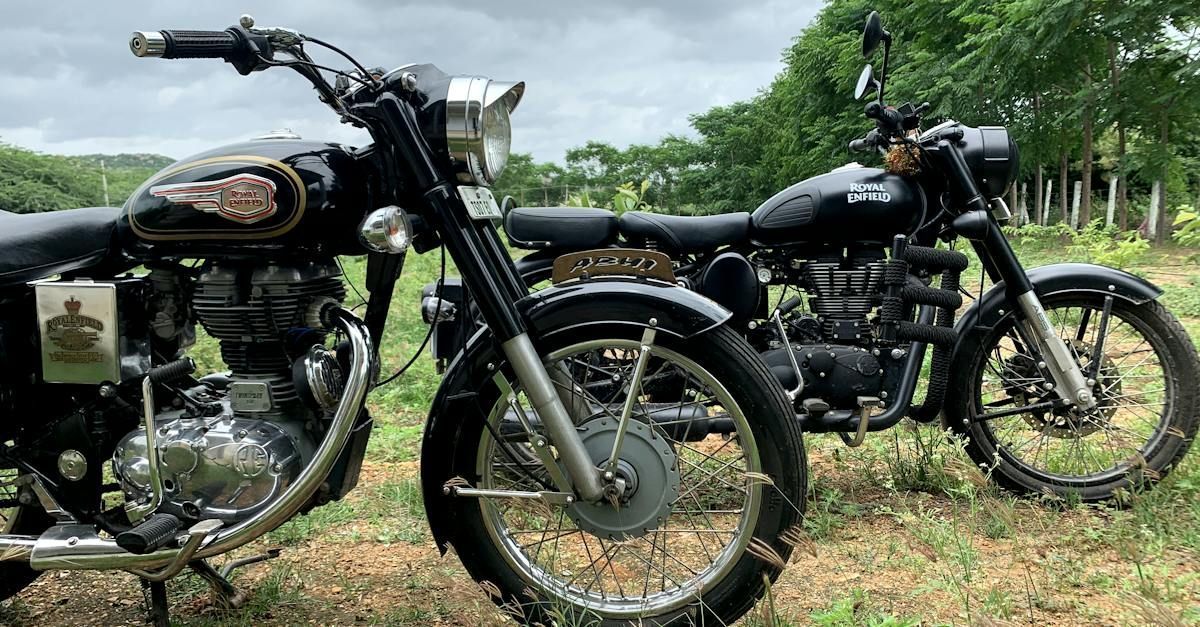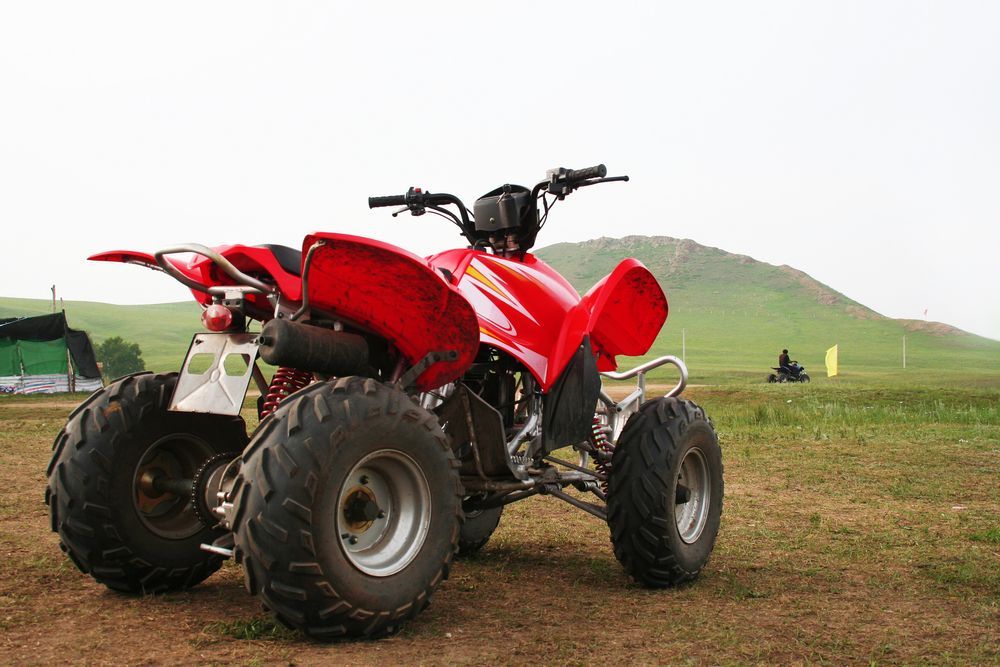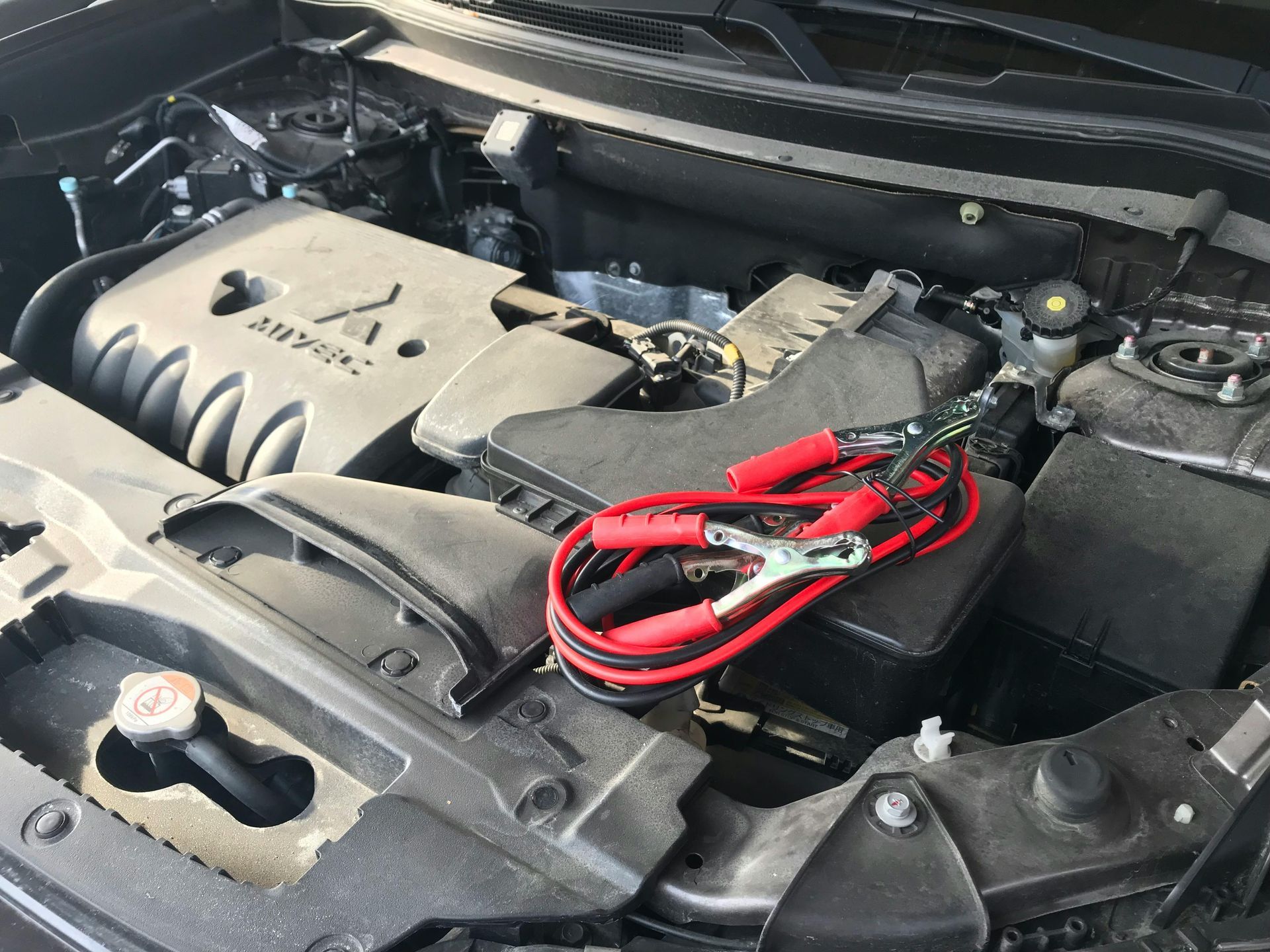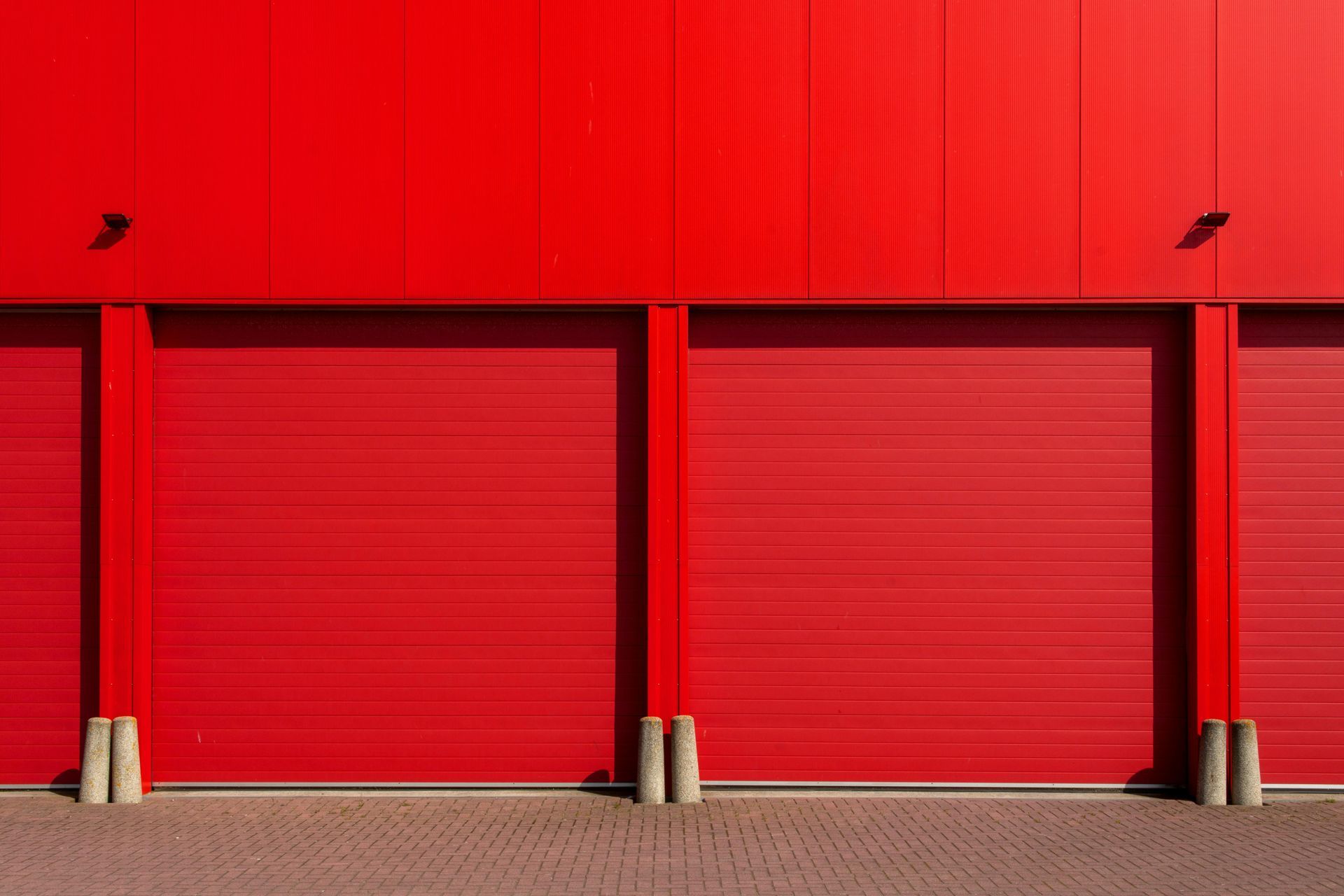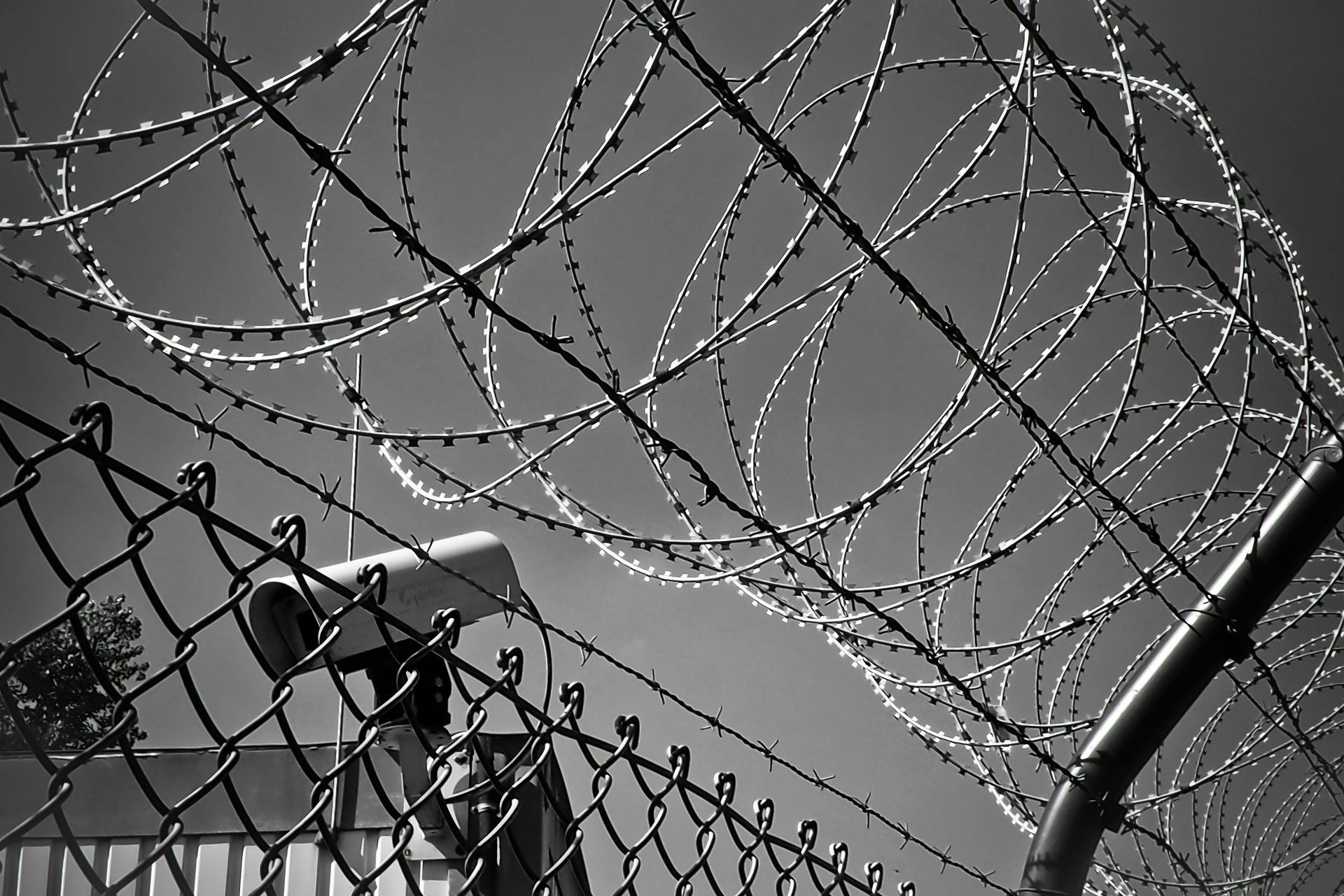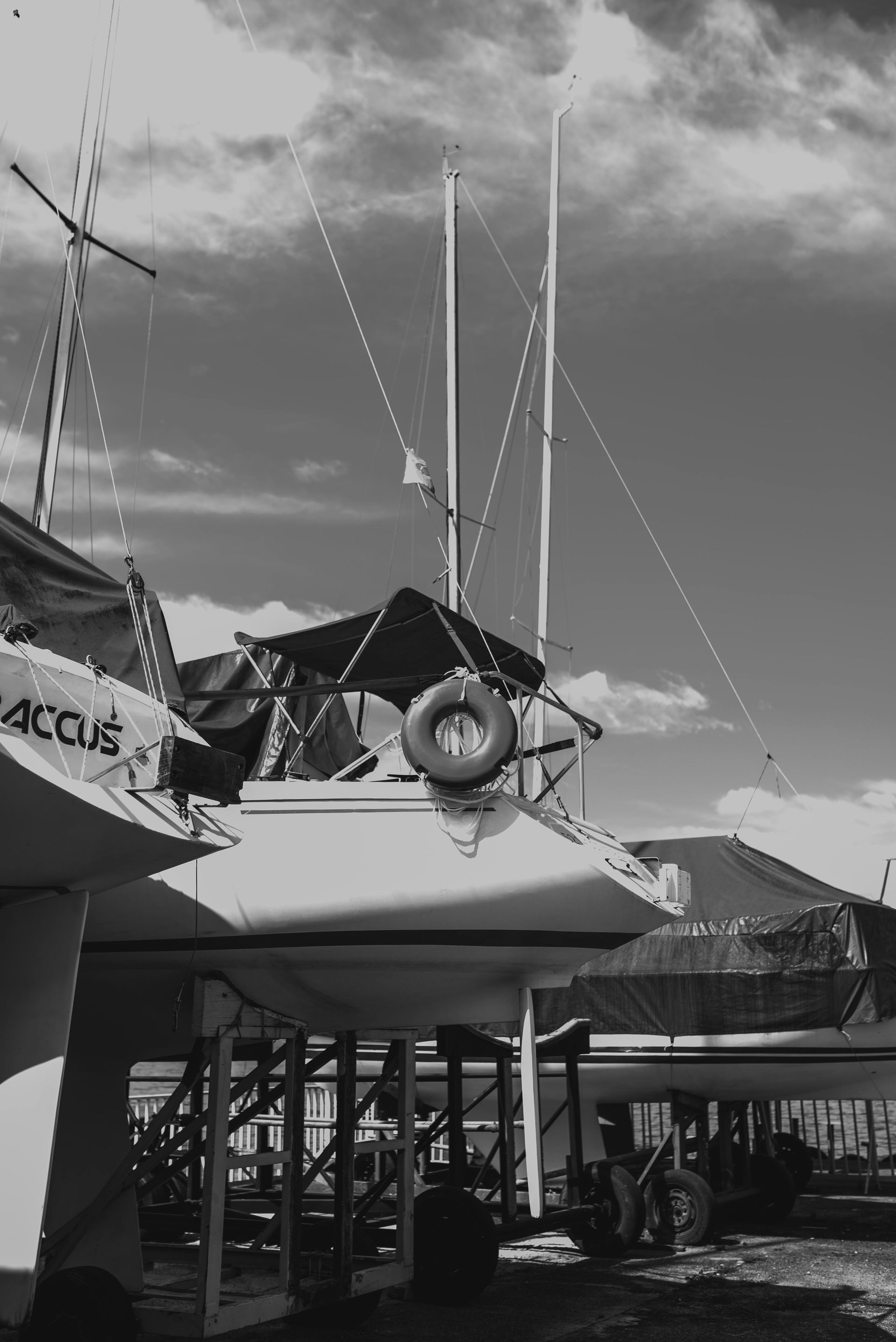ALLEN DRIVE OPEN STORAGE
Preparing Your Boat for Off-Season Storage: A Checklist

As summer winds down in Conroe, TX, and the crisp fall air arrives, it's time to prepare your beloved boat for its off-season hibernation. Here at Allen Drive Storage Drive, we understand the importance of proper boat storage to ensure a smooth transition back to the water come spring.
This comprehensive checklist will guide you through the essential steps to take before tucking your boat away for the winter months. By following these steps, you'll minimize the risk of damage, preserve the integrity of your vessel, and ensure a hassle-free start to your next boating season.
1. Give Your Boat a Thorough Cleaning
Before storage, a meticulous cleaning removes dirt, debris, and any lingering saltwater that could cause corrosion or foster mold growth.
- Exterior: Rinse the entire boat with fresh water to remove dirt, salt deposits, and grime. Use a mild boat soap specifically designed for your boat's material (fiberglass, aluminum, etc.) to remove stubborn stains. Pay close attention to areas around the engine, where salt buildup can be particularly damaging.
- Interior: Vacuum all carpets and upholstery to remove dirt, crumbs, and insects. Wipe down all surfaces with a disinfectant cleaner to prevent mold and mildew growth. Remove any cushions and leave them propped up in a well-ventilated area to dry completely. Don't forget to clean and empty the cooler and any storage compartments.
2. Protect Your Engine from the Elements
The engine is the heart of your boat, and proper winterization is crucial for its longevity. While some aspects of engine winterization might be best left to a certified mechanic, here are some key steps you can take:
- Change the Oil and Filter: Engine oil degrades over time, and stale oil won't effectively lubricate components during storage. Replace the oil and filter with fresh ones recommended by your boat's manufacturer.
- Fuel System Stabilization: To prevent corrosion and fuel system issues during storage, add a fuel stabilizer to a partially filled tank. Run the engine for a short period to circulate the stabilized fuel throughout the system.
- Cooling System Protection: Drain the engine's cooling system completely, especially if you anticipate freezing temperatures. You may also consider filling the system with antifreeze specifically designed for marine engines. Consult your owner's manual for specific instructions.
Pro Tip: If you're not comfortable handling these steps yourself, consider contacting a qualified marine mechanic to perform a complete winterization service for your boat. Professional winterization ensures all essential systems are protected and prevents potential problems come spring.
3. Battery Care and Disconnection
- Battery Charging: A fully charged battery is less susceptible to damage during storage. If you plan to leave the battery in the boat, connect it to a battery maintainer to keep it charged throughout the off-season. A battery maintainer is a small device that connects to the battery and provides a low-level charge to prevent it from losing its power entirely.
- Battery Disconnection: Alternatively, you can disconnect the battery entirely. This helps prevent electrical drain and potential corrosion. When disconnecting the battery, ensure you follow the manufacturer's instructions for proper terminal removal.
4. Interior Protection and Ventilation
- Prevent Mold and Mildew: Leave hatches, cabinets, and compartments slightly open to promote air circulation and prevent moisture buildup that can lead to mold and mildew growth. Consider placing moisture absorbers (desiccants) within the boat to further control humidity. Desiccants are reusable packets containing a material that absorbs moisture from the air.
- Cushion Care: Remove and store cushions in a dry, well-ventilated area to prevent mildew. Stand them upright or prop them on their sides to allow for air circulation. If storing cushions inside the boat isn't feasible, consider investing in breathable storage bags specifically designed for boat cushions.
- Rods and Reels: Store fishing rods and reels in a separate location, ideally indoors or within a climate-controlled environment. This will prevent corrosion and maintain their functionality. Storing rods and reels in a temperature-controlled environment helps prevent damage to delicate fishing lines and components.
5. Secure Storage and Coverage
- Boat Cover: Invest in a high-quality, breathable boat cover that fits snugly over your vessel. This will shield it from the elements, including sun, rain, wind, and debris. Choose a cover made from a breathable material to allow moisture vapor to escape and prevent condensation buildup underneath.
- Secure Storage: For optimal protection, consider storing your boat at a secure, dedicated storage facility like Allen Drive Storage Drive in Conroe, TX. We offer secure, well-maintained storage units specifically designed for boats of all sizes. Our facility features 24/7 surveillance
Don't Hesitate to Contact Allen Drive Open Storage!
For more information on our boat storage solutions or to inquire about our referral program for marine mechanics, call us today at (936) 290-4061. Our friendly and knowledgeable staff is happy to answer any questions you may have and help you choose the perfect storage solution for your boat. We also offer storage for cars and motorcycles, trailers, RVs, ATVs, boats, and trucks and tractors.
FAQs
How long can I store my boat at Allen Drive Storage Drive?
We offer flexible storage options, with minimum rental periods as short as one month. You can choose a storage term that best suits your needs.
Do I need to winterize my boat before storing it at your facility?
While winterization is highly recommended, especially for colder climates, it's ultimately your decision. However, we strongly advise taking steps to protect your engine, battery, and interior from potential damage during storage.
Can I access my boat during storage?
Yes, our facility offers 24/7 access to our storage units, allowing you to check on your boat or retrieve any belongings whenever needed.
Do you offer insurance for boats stored at your facility?
We do not directly offer insurance for stored boats. However, we recommend contacting your boat insurance provider to inquire about coverage options while your boat is in storage.
What size storage unit will I need for my boat?
The ideal storage unit size will depend on the dimensions of your boat, including its length, width, and height. Our team can help you determine the most suitable unit based on your specific boat size. We recommend allowing some extra space for easy access around your boat during storage.
